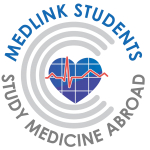
ENQUIRE NOW
Located in: Georgia




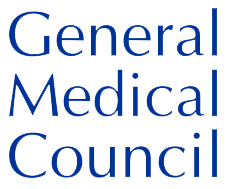


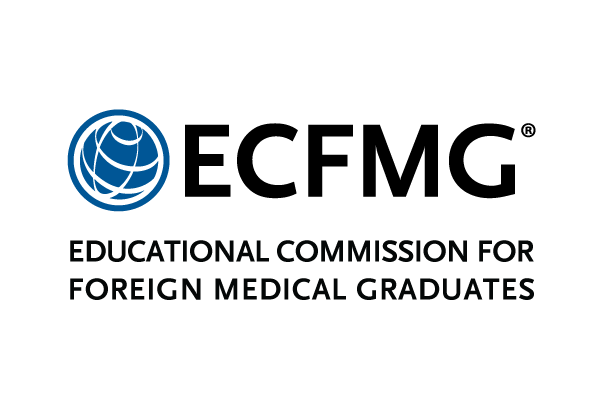

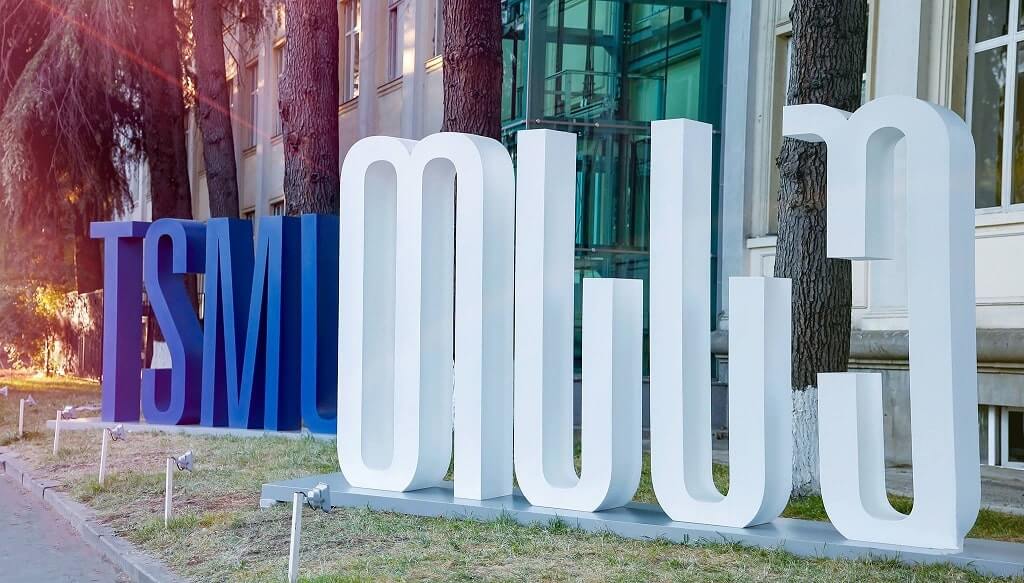
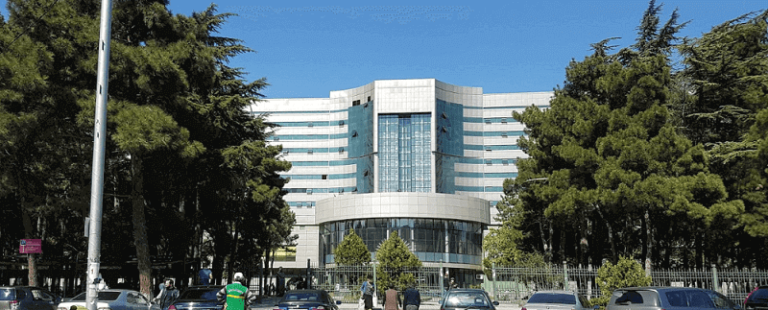
Tbilisi State Medical University (TSMU) was founded in 1918 and is one of the oldest universities in Georgia. Started with only 3 faculties, the university grew up in no time and nowadays, it has 5 health-related faculties with more than 10,000 students.
Tbilisi is the largest town in the country with more than 1,000,000 inhabitants. It is a city where many prestigious Georgian medical universities are situated, such as the European University. A significant part of its population is students, so socialising here is no trouble for anyone.
TSMU offers dentistry and medicine programmes, both fully taught in English. The courses aim to prepare future doctors and dentists for starting a career right after graduation. As in most of the European Medical Schools, the curriculum here meets all the GMC requirements.
At the beginning of your studies, you will learn theoretical subjects in microbiology, chemistry, the human body, and more orientational subjects. Not long after, you will start practising in simulators right before the bedside teaching.
Clerkships and training in clinics and hospitals develop not only medical skills. There, you will acquire methods of communicating with the patients. And this is important for every doctor in order to treat and interact right with patients.
Tbilisi State Medical University doesn’t offer a graduate-entry programme and doesn’t accept student transfers.
The address of the school is 33 Vazha Pshavela Ave, Tbilisi, Georgia.
Contact us now for FREE advice about your options to study medicine in Georgia.
The tuition fees at Tbilisi State Medical University are as follows:
Applying for this university doesn’t require any entrance exams. All you will need is English language proficiency and a high school leaving certificate.
At this point, Tbilisi State Medical University doesn’t offer on-campus student housing. But in Tbilisi, you can easily find decent housing at an affordable cost. Renting a 1-bedroom apartment here costs around €200 per month.
In this city, you can find any kind of entertainment according to your taste. There are nightclubs and shopping centres, as well as historical monuments and museums. Many green areas and parks are also available all around the city.
Per month you will spend no more than €400 on utilities, living expenses and leisure time activities.
The university is listed in the World Directory of Medical Schools and is recognised by the World Health Organisation.
Receiving a diploma from this university will give you the opportunity to continue your studies or start practising right after graduation.
The academic year starts at the beginning of October and the first semester lasts until the end of January followed by a 1-month examination period.
The classes for the spring semester start in early March and last until the middle of June. Right after, the exam session starts for a period of 1 month.




